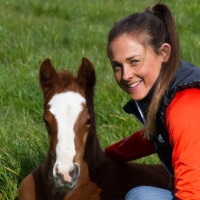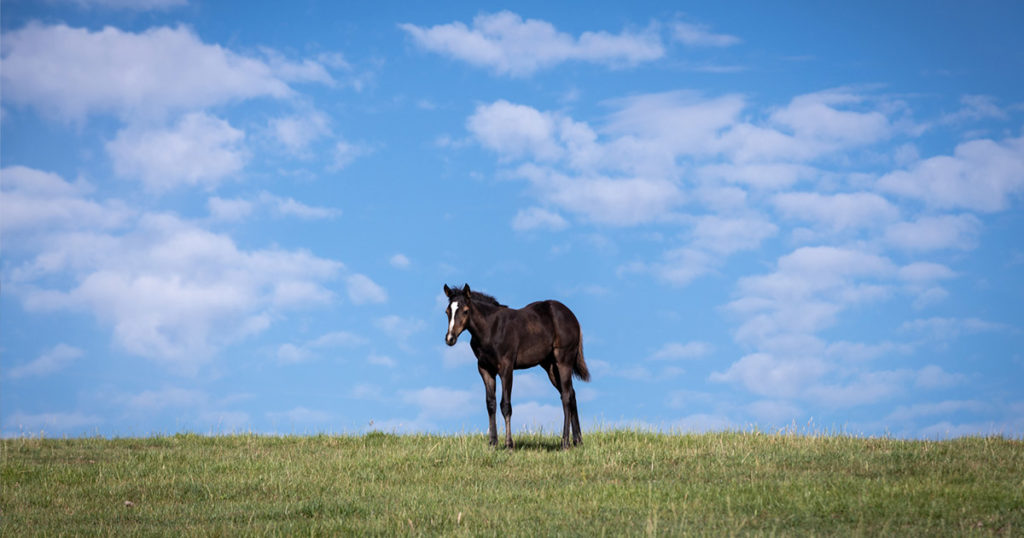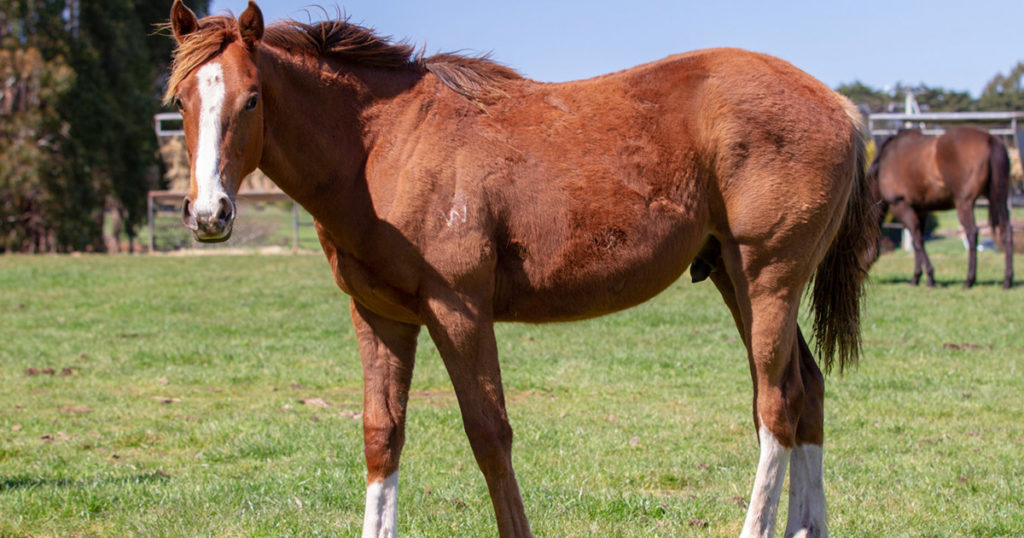Selenium is a crucial trace-mineral in the diets of our horses and ponies. It plays many key roles in the body and is particularly important in reproductive health (both mares and stallions), recovery from exercise, healthy immune function, normal growth and development of young horses and healthy thyroid function.
Selenium is a nutrient which has a relatively low safe upper limit range. High intakes (through diet and/or supplementation) can result in toxicity and even death in severe cases.
Many parts of the world have soils that are notoriously deficient in selenium- and thus the pastures and feeds grown for horses in them are also low in selenium. This has led to selenium being a commonly added mineral to horse feeds and many supplements.
Selenium comes in two main forms: organic and inorganic. Organic selenium has been demonstrated to have superior absorption, tissue uptake and ability to enhance antioxidant status compared to inorganic selenium. This is attributed to selenomethionine, the effective organic part of organic selenium.
One of the most popular sources of selenium used in horse feeds and supplements is selenium yeast (produced by them is the micro-organism Saccharomyces cerevisiae). Although selenium yeast contains high levels of organic selenium, not all of it is in the form of selenomethionine. Research has demonstrated that there are significant limitations in using selenium yeast to help achieve good selenium uptake and stores in the body. Although the product should in theory contain a certain amount of organic selenium on paper, the actual amount of organic selenium in the form of selenomethionine provided by selenium-containing yeast is often far less. A large percentage of the selenium provided by selenium-containing yeast is in a poorly absorbed inorganic form. This means that your horse is potentially utilising much less selenium than what is written on the label and may well be falling short of their requirements. Not all feeds and supplements use this form of selenium- so it is incredibly valuable to ascertain not only the amount of selenium in a product but also the form it is in. Seemingly minor details in feed and supplement formulations can have profound influences on our horse’s health and wellbeing.

Camilla Whishaw is a highly regarded, experienced horsewoman and naturopath, helping to holistically treat and manage a broad range of equine health conditions and injuries, with a passion for mare and stallion fertility.
As a world-renowned practitioner, presenter, author, and consultant in the field of Equine Naturopathy, Camilla shares her knowledge through keynote presentations, interviews, lectures, panel sessions, and workshop training.





